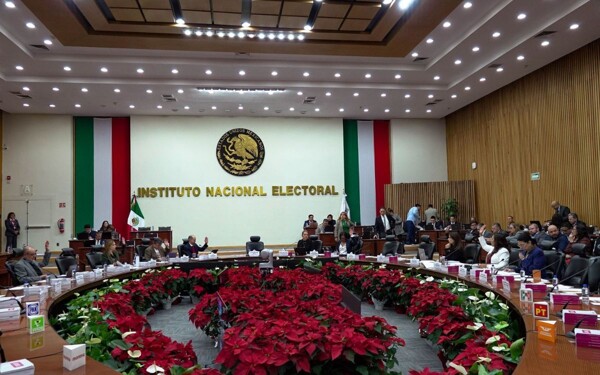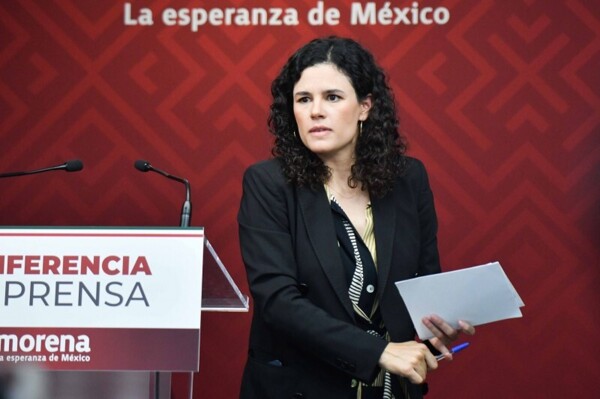
In April 2025, a profound reform to the Law on Acquisitions, Leases, and Services of the Public Sector (LAASSP) came into force with the aim of modernizing government procurement in Mexico. The reform introduces new acquisition mechanisms in order to address the chronic shortage of medicines and medical supplies in the public health system. However, experts warn that if strict controls are not applied, this reform could open the door to a new generation of corruption.
The new law includes modalities such as direct awarding with negotiation strategy and competitive dialogue, which, if not properly supervised, could facilitate directed awards and corruption under the guise of innovation. It is noted that the technical and operational capacity required by the new regulations exceeds the current infrastructure of many government agencies, which could result in purchases without due civic supervision.
The principle of cross-control in public administration has been weakened, and subsequent discount offers and reverse auctions have been introduced, mechanisms that should be used with caution in the health sector due to the complexity and sensitivity of contracts in this area. Furthermore, the Armed Forces have been excluded from the transparency standards in strategic projects.
The new legislation maintains public bidding as the general rule, but expands acquisition mechanisms, allowing greater flexibility in complex or urgent purchases. The introduction of competitive dialogue is highlighted, which seeks to design solutions together with suppliers before presenting final proposals.
The law also strengthens the use of framework agreements and the Digital Store on the Compras MX platform, aiming to simplify the acquisition of basic supplies. Although advancements in efficiency and savings are expected, the importance of supporting them with solid technical bases and reliable digital platforms is emphasized to avoid potential acts of corruption.














